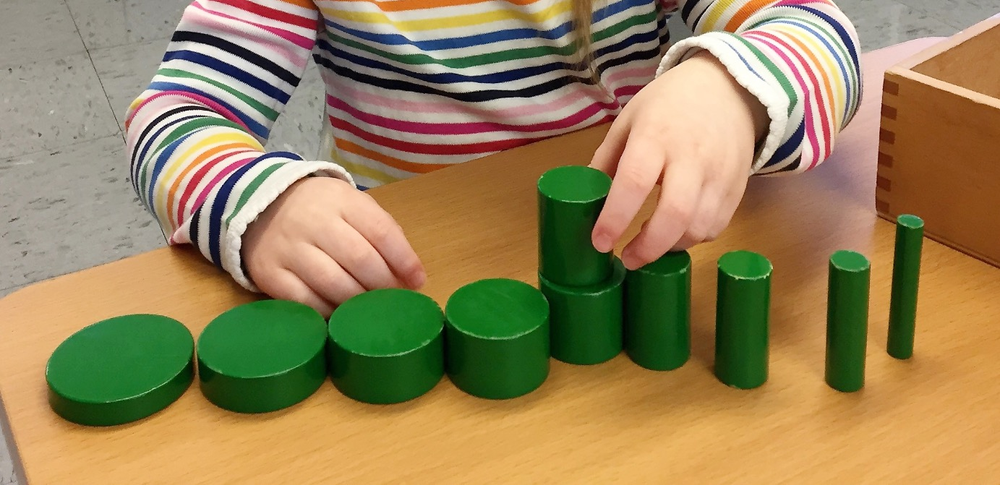We know that one of the noticeable changes as children move into the Second Plane of development is their new interest in social settings…


We know that one of the noticeable changes as children move into the Second Plane of development is their new interest in social settings…

If you imagine a traditional preschool, you might think about children sitting together at circle time, singing songs all together,…

The Freedom to Interact with Others reflects one of Montessori’s Tendencies of Humans: the Tendency toward Communication. We understand…

If you think of school as a place in which children are all lined up in their desks or sitting around the same circle, staring ahead at…

Montessori identified the need to manipulate as one of the Tendencies of Humans, those core qualities that we share across cultures and…

In some ways, protecting the Freedom of Choice for learners in the Third Plane of development can be the most stressful for parents and…

If we understand the Freedom of Choice to expand in 3-6 from a child’s agency over their own basic needs to include authority over their…

While the protected Freedom of Choice for Infants and Toddlers tends mostly to lie in a preservation of the child’s natural patterns for…

One of Montessori’s “Four Freedoms,” is the Freedom of Choice, the agency of the individual that is protected in our prepared…

A companion material to the Knobbed Cylinders, the Knobless Cylinders offer children extended practice with the relationships of height,…